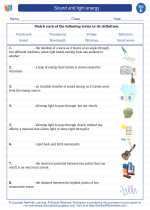Sound and light energy -> geological processes
Geological Processes
Geological processes are natural processes that shape the Earth's surface and form its structure. These processes include weathering, erosion, deposition, volcanic activity, and tectonic movements.
Weathering
Weathering is the process of breaking down rocks and minerals on the Earth's surface into smaller pieces. There are two types of weathering: mechanical weathering, which involves physical processes such as freezing and thawing, and chemical weathering, which involves the chemical alteration of rocks.
Erosion
Erosion is the process of transporting and removing the weathered materials from one location to another. This can be caused by wind, water, or ice. Erosion can create various landforms, such as valleys, canyons, and deltas.
Deposition
Deposition occurs when the eroded materials are deposited in a new location. This can lead to the formation of sedimentary rocks and landforms such as beaches and river deltas.
Volcanic Activity
Volcanic activity involves the release of magma, ash, and gases from the Earth's interior. This can lead to the formation of volcanic mountains, lava plateaus, and various igneous rocks.
Tectonic Movements
Tectonic movements are the result of the Earth's lithosphere (the outer shell of the Earth) shifting and moving. This can lead to the formation of mountains, earthquakes, and the creation of various geological features over time.
Study Tips
- Review the different types of weathering and their impact on the Earth's surface.
- Understand how erosion and deposition contribute to the formation of different landforms.
- Learn about the different types of volcanic activity and the rocks and landforms they produce.
- Explore the causes and effects of tectonic movements, such as earthquakes and mountain formation.
By understanding these geological processes, you will gain a deeper insight into the forces that have shaped the Earth's surface and continue to influence its structure.
[Geological Processes] Related Worksheets and Study Guides:
.◂Science Worksheets and Study Guides Fifth Grade. Sound and light energy
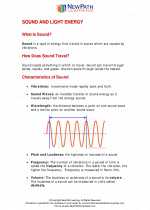
 Activity Lesson
Activity Lesson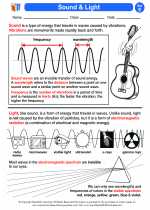
 Worksheet/Answer key
Worksheet/Answer key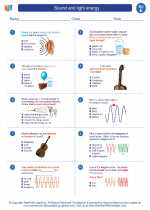
 Worksheet/Answer key
Worksheet/Answer key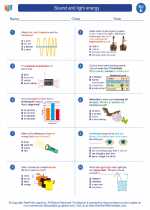
 Worksheet/Answer key
Worksheet/Answer key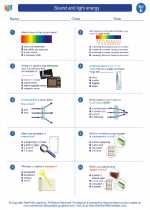
 Worksheet/Answer key
Worksheet/Answer key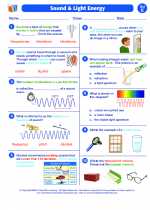
 Vocabulary/Answer key
Vocabulary/Answer key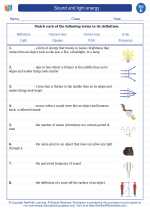
 Vocabulary/Answer key
Vocabulary/Answer key